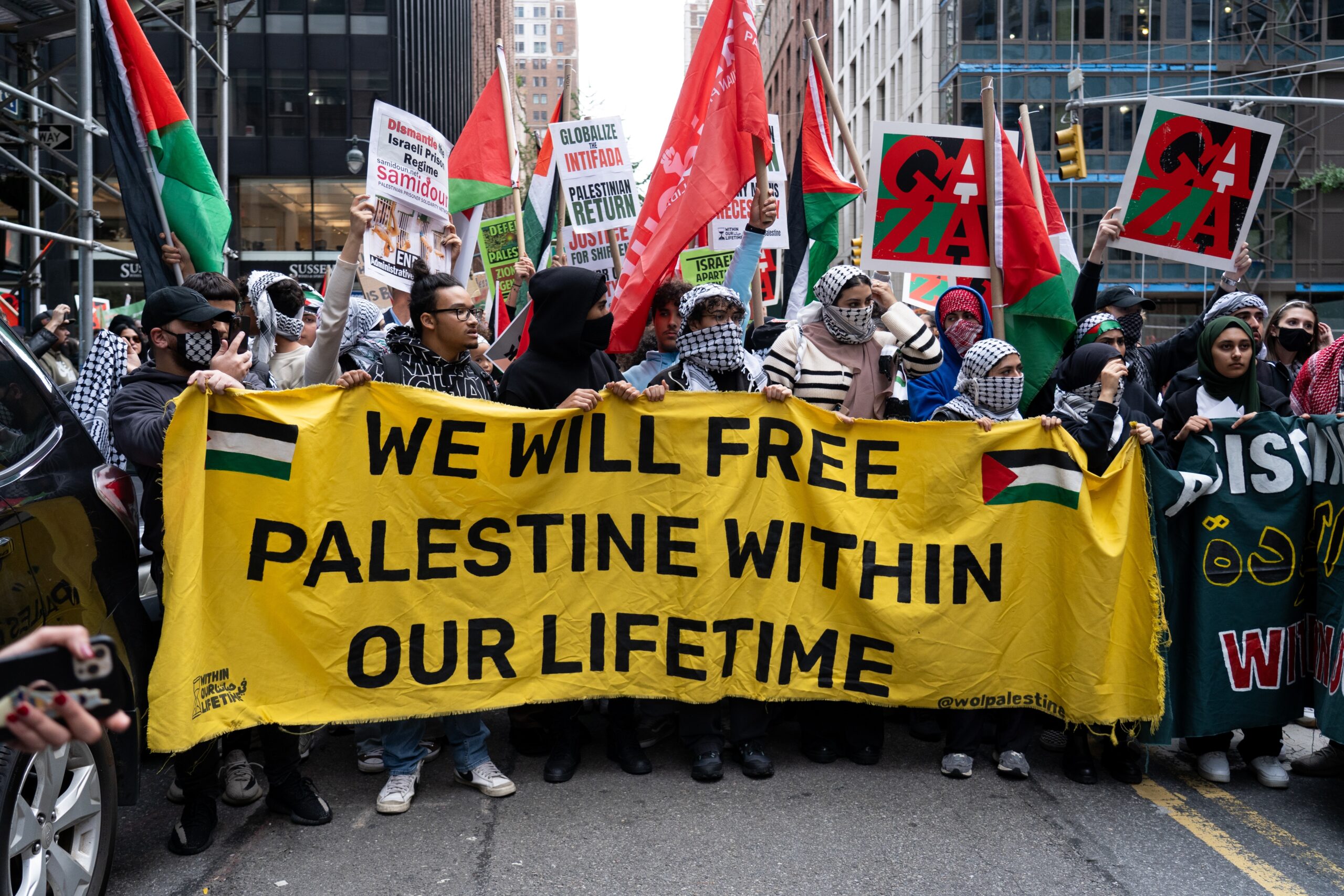A new Reuters/Ipsos poll shows that most Americans now support recognizing a Palestinian state—putting U.S. public opinion sharply at odds with both Israeli and Palestinian sentiment. Conducted online over six days and surveying 4,385 respondents nationwide, the poll had a margin of error of two percentage points.
According to the findings, 59% of Americans believe the United States should recognize a Palestinian state, while 33% oppose doing so and 8% are unsure. Support for recognition was highest among Democrats, with 80% in favor, while 41% of Republicans agreed and 53% opposed the idea.
The poll also found that 60% of respondents consider Israel’s military response in Gaza “excessive,” compared to 32% who disagreed. The survey noted that a growing number of U.S. allies—including Britain, Canada, France, and Australia—have recently recognized Palestinian statehood, reflecting an international shift that runs counter to Israel’s position.
The data show a complicated political landscape. While a majority of Americans now back recognition of a Palestinian state, just over half of respondents (51%) said former President Donald Trump “deserves significant credit” if his recent ceasefire efforts lead to lasting peace. Trump’s overall approval rating on foreign policy has risen to 38%, his highest since July. These results suggest that even as support for Palestinian statehood grows, public confidence in Trump’s ability to manage the conflict remains strong among many voters.
Inside Israel, however, the picture is the mirror opposite. A recent national poll reported that 71% of Israelis oppose any form of two-state solution, and 68% support extending Israeli sovereignty over Yehuda v’Shomron (Judea and Samaria). For Israelis who have faced decades of violence from Palestinian terror groups, the idea of dividing the land is not a formula for peace but for renewed bloodshed.
Among Palestinians, enthusiasm for a two-state framework is also fading. Research by the Palestinian Center for Policy and Survey Research found that only 28% of Palestinians support the idea, while 61% believe it is no longer feasible. Another poll reported that just 31% of residents in Yehuda v’Shomron and 22% in Gaza see a two-state solution as viable.
The Bible presents a clear view of Israel’s connection to its land: “For all the land that you see I give to you and to your offspring forever” (Genesis 13:15). The Sages taught that this verse is not symbolic—it defines the Jewish people’s covenantal claim to the Land of Israel.
Together, these polls highlight a striking paradox: American voters, largely detached from the daily reality of Middle Eastern life, now favor a diplomatic vision rejected by both Israelis and Palestinians. The two-state solution remains a talking point in Western capitals, but not a policy grounded in the beliefs of those who live in the region itself.




